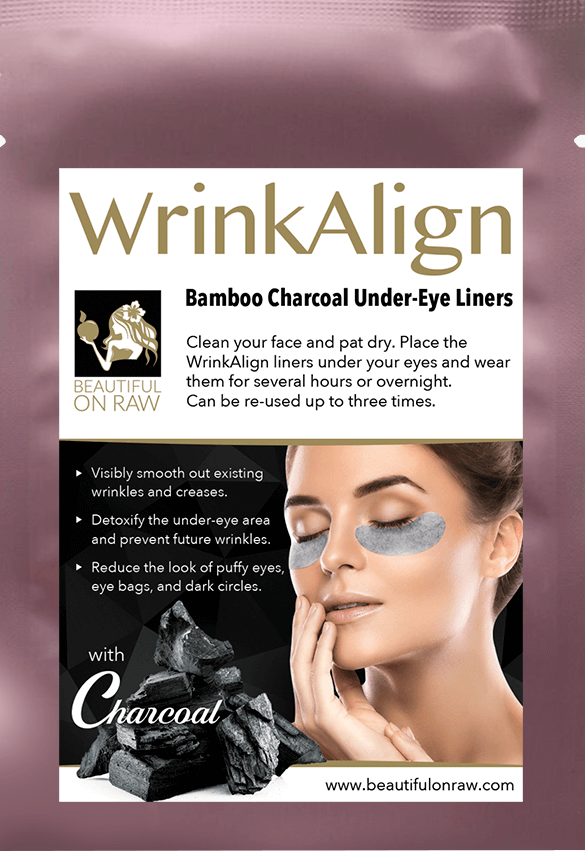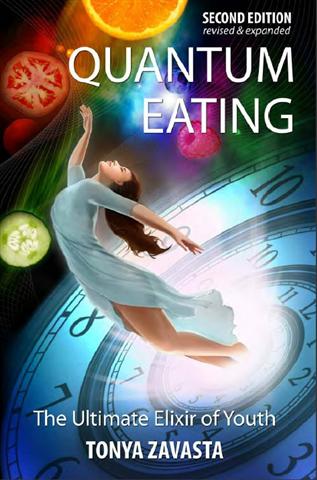How Many Hours Should I Sleep?

Occasionally I’ll get an email from a person concerned that she or he is “not getting enough hours of sleep.”
Usually my correspondent is totally bewildered as to why. After all, she practices yoga five times a week … meditates daily … eats mostly raw … doesn’t eat after five or six in the afternoon. She does everything right. So why can’t she get “a good number of hours of sleep?”
And what is a good number for us to sleep? We’re all conditioned to believe we need eight hours of sleep a night. Why? Because that’s “normal.” That’s what our culture tells us—just as it tells us we need to have a “hot lunch.”
But consider: By doing all these things—eating raw, yoga, meditating, et al—you’ve just branded yourself as anything but “normal.” You’re not the average joe. So why do you insists on getting a “normal” amount of sleep?
Practices that make your sleep less
Raw Food Lifestyle … People who are 100% raw or approaching it simply need less sleep than do those on a regular cooked diet.
Meditation …Those who engage in meditation require less sleep.
Yoga … Medical and scientific studies are proving what many have already known for centuries about the effects of yoga. A study recently conducted by researchers at Harvard Medical School on the effects of yoga on insomnia showed vast improvements in sleep quality and a reduction in the number of hours of sleep needed for rejuvenation. (As an aside, many yogis only sleep an average of 3 hours per night.)
No Late Dinner … If you don’t eat before going to bed, your body won’t be working hard digesting your food. As a result, you’ll need less sleep.
All these factors combined certainly have an effect on the amount of sleep that’s “normal” for you. Don’t force yourself to sleep more hours than your body is saying need. And definitely don’t stress over the fact your sleep pattern is different from the norm.
Sleep and Exercise
The sleep you need varies with the amount of exercise you do. But your sleep requirement varies also with the kind of exercise you do.
Suppose you’re mainly a yoga fan. Your exercising, then, will consist largely of stretching. If you stick to that, you’ll need relatively less sleep.
But get into weight-bearing exercises, and you’ll need—and want—to sleep more. Way more, perhaps, depending on what you do.
Take squats, for example. That’s a tough whole-body weight exercise. If you do just a few squats, they’ll make no difference in your sleep requirement. But do a 100 squats a day, and you’ll find you need to sleep about 10 hours. If a person did 500 squats a day or some other heavy-duty exercises he’d need 12 hours’ sleep and would want to tuck a nap in somewhere during the day.
Sleeping is healing. Stretching, too, has healing effect for the body. Stretching done during the day leaves less healing to be done at night.
Weights tear the muscles. And to heal and grow new muscles you need to sleep more.
Don’t think there’s some single number of hours’ sleep that’s right for all people and circumstances. The range for “normal” hours’ sleep ranges widely. The key: Listen to your own body. It will tell you what it needs and wants, based on (among other things) your exercise patterns ... You can decide what’s the norm for you.
I recommend that you read my book, “Quantum Eating” and especially Chapter 20 regarding sleep.



